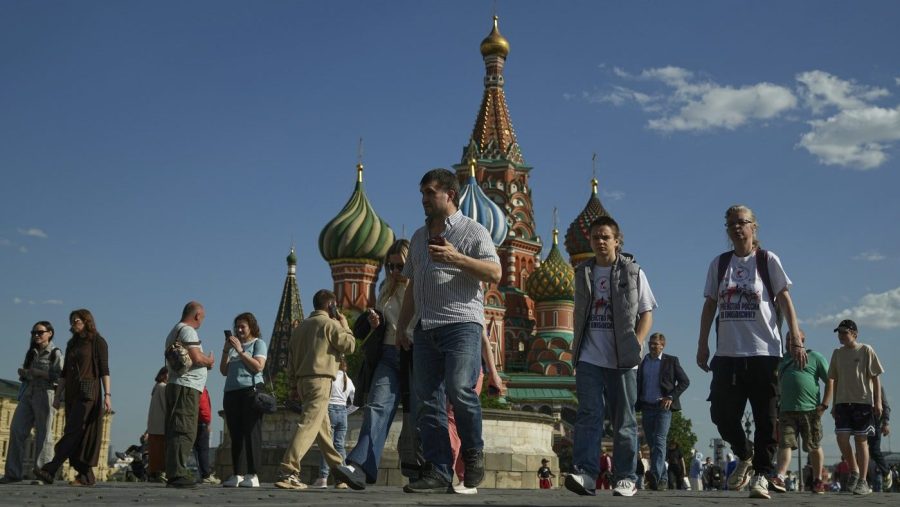The Kremlin is actively working to frame ‘Russophobia’ as a dangerous ideology that necessitates a global response. This initiative comes as tensions surrounding Russia’s actions, particularly its military engagement in Ukraine, have led to heightened scrutiny and criticism of the country.
Moscow’s narrative positions Russophobia as an irrational fear or hostility towards Russia, suggesting that it undermines diplomatic relations and global stability. Russian officials argue that this sentiment is pervasive, extending beyond political discourse and into social attitudes across various nations. They contend that this perceived hostility should be confronted collectively.
In a recent address, Vladimir Putin emphasized that accusations of Russophobia are not merely a matter of opinion but rather a systematic campaign against Russia. He called on nations to recognize the implications of this sentiment, framing it as a threat to international peace and security. Putin’s remarks were made during a meeting with officials from the United Nations and other diplomatic entities in early March 2024, highlighting the Kremlin’s push for a more unified stance against what it considers unjustified aggression towards Russia.
The Kremlin’s efforts have gained traction among some political figures and groups within Russia, who see the portrayal of Russophobia as a means to rally nationalistic sentiments. This approach aims to foster a sense of unity within Russia and to counteract negative perceptions internationally, particularly in light of ongoing sanctions and diplomatic isolation.
Critics, however, argue that the Kremlin’s framing diverts attention from Russia’s own actions that have drawn widespread condemnation. The invasion of Ukraine in 2022 and subsequent military operations have raised significant concerns among NATO member countries and other global powers. As a result, the notion of Russophobia is seen by some as a strategic distraction from the consequences of these actions.
Many countries have responded to Russia’s military aggression with a mix of sanctions and diplomatic measures. This has included increased military support for Ukraine, which the Kremlin cites as evidence of an anti-Russian agenda. Moscow’s narrative attempts to shift blame away from its own policies by portraying these actions as part of a broader campaign against the Russian state.
Public sentiment in various countries reflects a complex view of Russia and its actions. Surveys conducted in Europe and North America indicate a growing distrust of Russian government actions, particularly following the invasion of Ukraine. This has led to significant public support for measures aimed at countering Russian influence, which the Kremlin now labels as Russophobia.
As the global landscape continues to evolve, the Kremlin’s initiatives to redefine Russophobia could shape diplomatic interactions in the coming years. While some nations may align with Moscow’s perspective, others remain steadfast in their commitment to addressing what they view as aggressive behavior by Russia.
The international community faces a challenging task in navigating these tensions. Striking a balance between recognizing legitimate concerns regarding security and addressing the Kremlin’s narrative will require careful diplomatic engagement. The implications of how Russophobia is defined will likely influence diplomatic relations and international policy for the foreseeable future.
